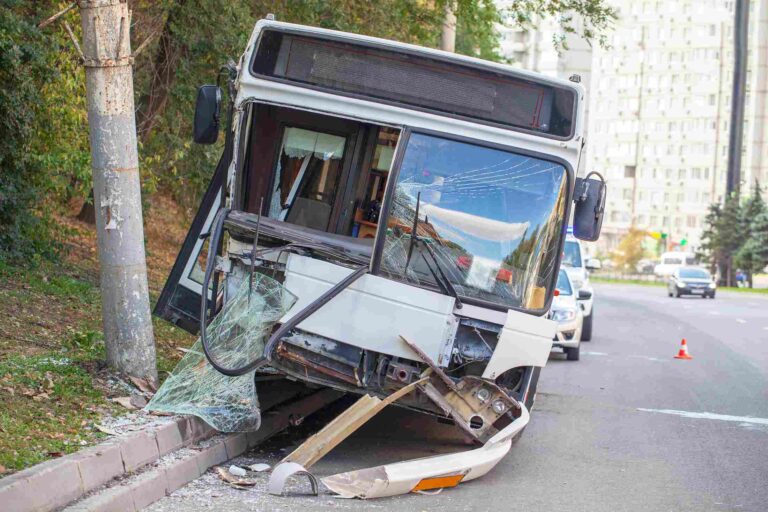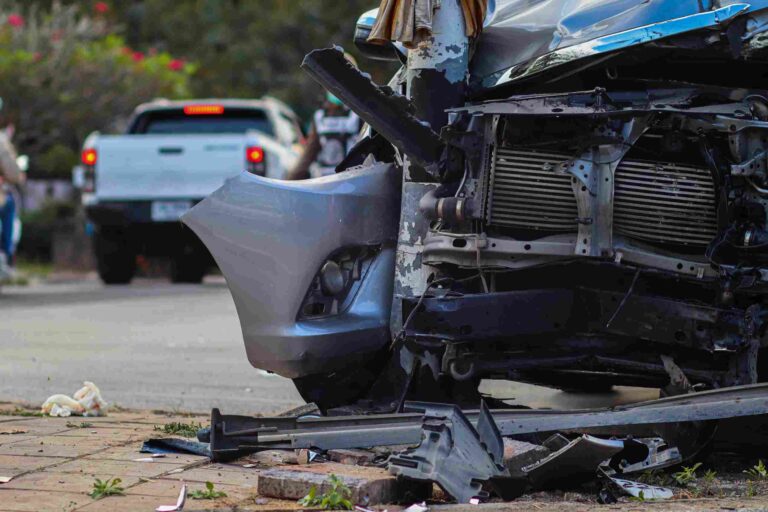When your child visits a friend’s house, you expect them to return home safely—with stories of games played and snacks eaten. But what happens when that fun afternoon turns into a trip to the ER?
At The Johnson Injury Firm, we understand how terrifying and frustrating it is when your child gets injured—especially at someone else’s home. As experienced personal injury lawyers in Richmond, we have helped many families navigate these emotionally and legally complex situations.
If your child was hurt while under someone else’s supervision, you may have the right to seek compensation for their injuries. In this post, we will explain who may be liable when a child is injured at a friend’s home, what steps you should take, and how our Richmond injury attorneys can protect your family’s rights.
Common Injuries Kids Sustain at Other People’s Homes
Children are curious, active, and often unaware of danger—making accidents a real possibility, especially in unfamiliar settings. Some of the most common child injuries we see from these types of incidents include:
- Falls from stairs, balconies, or playground equipment
- Dog bites or other animal-related injuries
- Burns from stoves, grills, or fire pits
- Cuts from broken glass or sharp objects
- Drowning or near-drowning in pools or hot tubs
- Trampoline or bounce house accidents
- Choking or poisoning due to access to medications or hazardous substances
- Injuries from unsecured firearms
As child injury lawyers in Richmond, VA, we are familiar with the unique ways these accidents happen—and we know that what seems like “kids being kids” can actually stem from serious negligence.
Who Can Be Held Liable?
In Virginia, homeowners and property occupiers have a legal duty to maintain a reasonably safe environment for all lawful visitors—including children. When they fail to take precautions to protect young guests, they may be held liable under premises liability law. Potentially responsible parties include:
The Homeowner or Tenant
If a homeowner or tenant fails to fix or warn about hazards on their property, they may be liable. This includes situations such as:
- Leaving a pool gate unlocked
- Allowing aggressive dogs to roam freely
- Failing to supervise children properly
- Having loose rugs, exposed wiring, or unsafe staircases
In these cases, the homeowner’s insurance may cover medical bills and other damages.
The Property Owner’s Insurance Company
Most homeowners’ insurance policies include liability coverage for accidents that occur on the property. However, insurers often try to minimize payouts or deny claims outright. That is why working with a Richmond injury attorney from the start is critical—we handle the insurance companies so you can focus on your child’s recovery.
A Third Party (in Certain Cases)
Sometimes, liability may extend beyond the homeowner. For example:
- If a defective product (such as a toy or swing set) caused the injury, the manufacturer may be liable.
- If the home was under the care of a babysitter or nanny who acted negligently, they could be responsible.
- If alcohol or drugs were involved and another guest contributed to the injury, they may share legal responsibility.
Our legal team thoroughly investigates the circumstances to determine all potential sources of liability.
The “Attractive Nuisance” Doctrine
Virginia recognizes the “attractive nuisance doctrine,” which is particularly important in cases involving children. This legal concept applies when a property contains something likely to attract children—like a pool, trampoline, or construction equipment—and the owner fails to take reasonable steps to prevent access or harm.
If your child was injured because they were drawn to an attractive nuisance, we can use this doctrine to build a strong case on your behalf.
What Should Parents Do After a Child Injury?
In the immediate aftermath of an accident, your priority is your child’s safety. However, the steps you take next can significantly affect your ability to recover compensation. Here is what we recommend:
1. Seek Medical Attention Immediately
Even if the injury seems minor, it is important to have your child evaluated by a medical professional. Some injuries—like concussions or internal damage—may not be immediately apparent. Medical records also serve as key evidence in a personal injury case.
2. Document the Scene
If possible, take photos or videos of where the injury happened, including any hazards or objects involved. If there were witnesses—such as other parents or children—gather their names and contact information.
3. Report the Incident
Let the homeowner know what happened, but avoid making statements that could later be used against you (e.g., “It’s okay, it was an accident”). Depending on the severity, you may also want to file a police report or notify Child Protective Services if negligence or abuse is suspected.
4. Do Not Sign Anything from the Insurance Company
The homeowner’s insurance provider may reach out quickly with a settlement offer or request a recorded statement. Do not agree to anything until you have spoken to a personal injury lawyer in Richmond. These early offers are often far below what your child’s claim is worth.
5. Contact a Child Injury Lawyer in Richmond, VA
These cases can be emotionally charged and legally complex. Our attorneys are here to help you understand your rights, gather evidence, and fight for fair compensation. We treat your child’s well-being as our top priority—and we are committed to securing the resources you need for their care and recovery.
What Damages Can Be Recovered in a Child Injury Case?
Under Virginia law, families may be entitled to recover various types of compensation in a child injury claim, including:
- Medical expenses: hospital bills, surgeries, rehabilitation, and future medical care
- Pain and suffering: physical pain, emotional trauma, and distress
- Loss of enjoyment of life: particularly for long-term or permanent injuries
- Parental lost wages: if a parent must take time off work to care for the child
- Disfigurement or permanent disability damages
In cases involving gross negligence or recklessness, punitive damages may also be awarded.
Special Considerations for Child Injury Cases in Virginia
Virginia law treats injuries to minors somewhat differently from those involving adults. For example:
- Statute of Limitations: Normally, a personal injury claim must be filed within two years. However, for minors, the clock typically starts on their 18th birthday, giving them until age 20 to file (though parents can file on their behalf sooner).
- Court Approval: If a settlement is reached for a minor, the court must approve the agreement to ensure it is in the child’s best interests.
- Structured Settlements: Courts may require funds to be held in trust or structured annuities to protect the child’s financial future.
Our legal team is well-versed in these rules and ensures every aspect of the case is handled with care, compliance, and compassion.
We’re Here to Help You and Your Family
At The Johnson Injury Firm, we have seen firsthand how devastating it is for families when a child is injured. We also know that many parents feel conflicted—wanting to hold someone accountable, but not wanting to cause conflict with a friend or neighbor. That is why we focus on the facts, the law, and your child’s best interests, not personal drama.
Our team will walk you through your options and explain how the legal process works, including how claims can often be resolved through insurance without ever going to court. We take on the legal burden so you can focus on helping your child heal.
Contact Our Personal Injury Lawyers in Richmond Today
If your child was hurt at a friend’s home or someone else’s property, you do not have to navigate this alone. Contact The Johnson Injury Firm today to schedule a free consultation. We will listen to your story, explain your rights, and take swift action to protect your child’s future.
Let our Richmond injury attorneys help you get the answers—and the compensation—you deserve.





